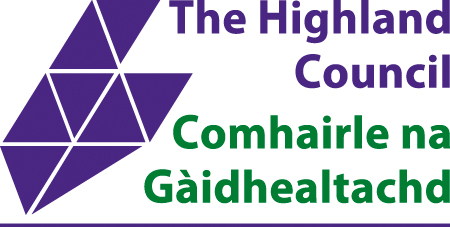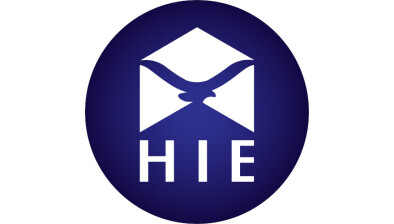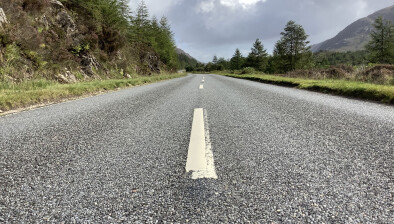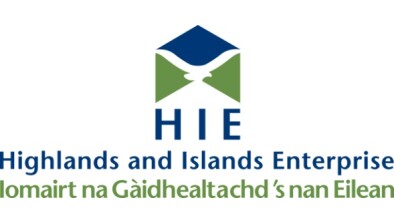Highland Council launches energy benchmarking tool and looks to unlock renewable energy funding

Highland councillors will consider a report this week which looks at ways in which the local authority can leverage funding to deliver renewable energy projects to deliver net zero, generate income and maximise opportunities for the Highlands to benefit as a whole.
Alongside this, councillors will also be asked to look at measures relating to the development of complimentary approaches relating to community benefit and community wealth building.
It comes as the council was recommended to approve its Local Heat and Energy Efficiency Strategy and Delivery Plan and it launched a pioneering new Energy Benchmarking Tool.
Highland Council leader, Cllr Raymond Bremner, said: “Scotland is in a strong position to lead an energy transition that secures net-zero, enhances energy security, and lowers energy costs for consumers.
“Highland provides possibly the best prospects for delivering these outcomes.
“However, there are significant constraints in terms of grid capacity and energy policy. In order to capitalise on these opportunities, the Highland Council needs to work with the Scottish and UK Governments, network operators and energy suppliers, commercial partners and communities to lobby for change; maximise funding availability; and develop green energy schemes that not only deliver financial returns to the Council over the short, medium and long term, but also ensure that the Highlands benefits as a whole from the green energy revolution.”
As set out in a report to the council in June 2023, The Highland Council is developing a dynamic and comprehensive plan aimed at transforming its regional infrastructure while offering substantial business opportunities in the renewable energy sector.
A Sustainable Highland Environment and Global Centre for Renewable Energy is one of the five key themes in The council’s Programme 2022-2027. This commits the council to accelerate its response to the climate and ecological emergency and make the most of the financial and environmental opportunities arising from the huge renewable energy potential of the Highlands.
A detailed portfolio plan for renewables investment will be presented to members as part of the council’s budget in February 2024.
Meanwhile, in a UK first, the council has launched a new online energy benchmarking tool that will provide it with invaluable information and play a major part in helping the local authority realise its net zero ambitions.
The pioneering Energy Benchmarking Tool, first presented to members of the council’s Climate Change Committee in October, will provide open and transparent information about where Highland Council’s property related carbon emissions come from and ultimately help the local authority make more informed decisions around energy expenditure.
The energy performance reporting tool has been created by the council’s Climate Change and Energy Team and is designed to provide meaningful analysis and information in relation to the energy consumption, costs, and relative performance efficiencies of the non-domestic property estate.
It directly supports Highland Council’s Net-Zero Strategy, which has a target of zero emissions from operations by 2045.
For 2022 to 2023, total emissions amounted to 36,702 tonnes CO2e, of which over 60% is attributed to non-domestic properties, such as schools, offices, and depots.
Chair of Highland Council’s Climate Change Committee, Cllr Karl Rosie, welcomed the live launch of the tool.
He said: “This is a fantastic tool which supports Highland Council’s aspiration towards greater openness and transparency with respect to the data it holds.
“Understanding where the council’s property-related carbon emissions arise from, will enable more informed decision-making around the council’s energy expenditure and net-zero obligations.”
Benchmarking energy performance is a process that either compares the energy use of a building with other similar structures or looks at how energy use varies from a baseline.
It informs organisations about how and where they use energy and what factors drive their energy use.
Benchmarking enables energy, building and asset managers to determine the key metrics for assessing performance, to establish baselines, and to set performance goals.
It helps to identify building upgrade opportunities that can reduce expenditure by lowering energy and operating costs. It also facilitates continuous improvement by providing diagnostic measures to evaluate performance over time, e.g., effectiveness of implemented projects.
Cllr Rosie added: “Although benchmarking doesn’t directly reduce energy consumption, it does provide the informed basis for justification of either behaviour change or investment in remedial works to realise savings in carbon, cost, and energy.”
Members of the Climate Change Committee have also agreed to recommend approval of the Local Heat and Energy Efficiency Strategy and Delivery Plan.
The current LHEES activity is funded by the Scottish Government. Changeworks have been commissioned to support the council with the Stage 1-8 development.
The development and implementation of LHEES will establish a framework for heat decarbonisation in both public and private buildings, reduce energy demand, tackle fuel poverty, and contribute to net zero targets.
It provides a platform for local community engagement in the heat transition, creating the opportunity for communities to help shape heat transition and improve energy efficiency of buildings in their locality.
One of the main priorities for the LHEES is to alleviate fuel poverty. The LHEES helps understand levels of fuel poverty within the council area and therefore the extent of interventions required to support domestic building stakeholders and to support compliance with existing regulation.














